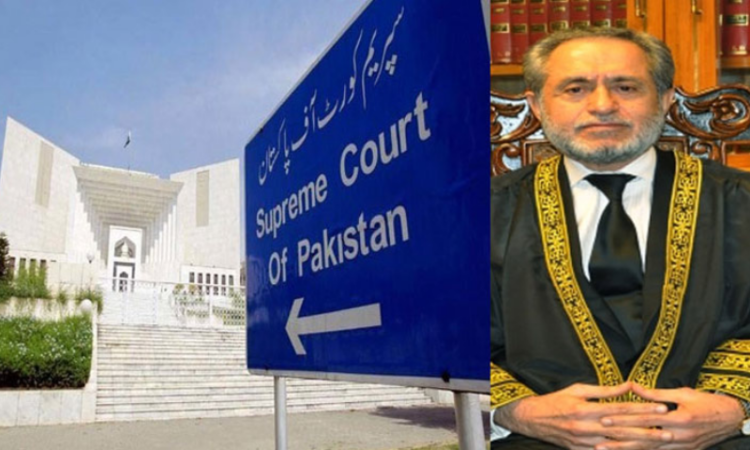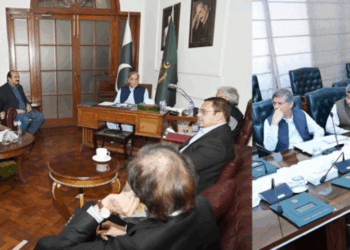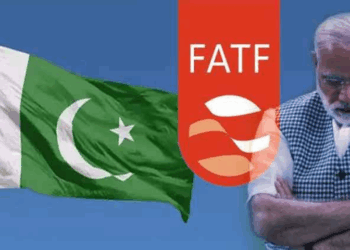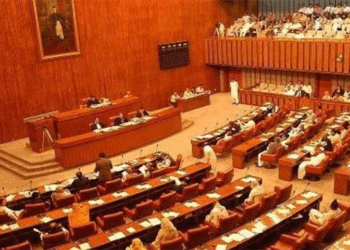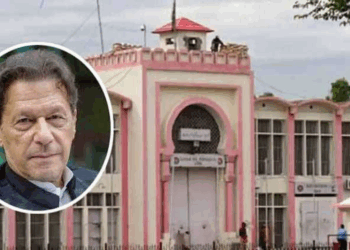Islamabad, March 4, 2025: A seven-member bench of the Supreme Court of Pakistan, led by Justice Aminuddin Khan, resumed hearings on Tuesday regarding appeals challenging the military court trials of civilians linked to the May 9 violence.
During the proceedings, Justice Jamal Khan Mandokhail questioned the importance of trial jurisdiction, stating,
“What difference does it make whether the trial happens here or there?”
Representing civil society petitioners, Advocate Faisal Siddiqi argued that military trials fundamentally differ from civilian ones, stating:
“One trial is independent, the other is in the military.”
He informed the court that of the 105 suspects, 20 had been released, while 66 remain in custody.
The Additional Attorney General confirmed these figures, adding that 19 more suspects were recently freed.
Petitioners maintain that trying civilians in military courts violates their constitutional right to a fair trial.
Last week, Justice Mandokhail remarked that all five Supreme Court judges were unanimous in their stance that civilians cannot be tried in military courts. His remarks were made during a hearing on an intra-court appeal challenging such trials.
The seven-member constitutional bench overseeing the case includes Justices Aminuddin Khan, Muhammad Ali Mazhar, Hassan Azhar Rizvi, Musarat Hilali, Naeem Akhtar Afghan, and Shahid Bilal Hassan.
During the hearing, Advocate Faisal Siddiqi highlighted that a five-member bench had previously delivered three separate judgments on the legality of military courts.
He pointed out that Justices Ayesha Malik, Muneeb Akhtar, and Yahya Afridi had issued individual decisions, but all judges agreed on core legal observations.
Siddiqi emphasized that even when judicial reasoning varies, the aligned conclusions collectively shape the final decision. He reiterated that the justices were in agreement on the fundamental principle that civilians should not be subjected to military trials.
The hearing was adjourned until tomorrow for further proceedings.


